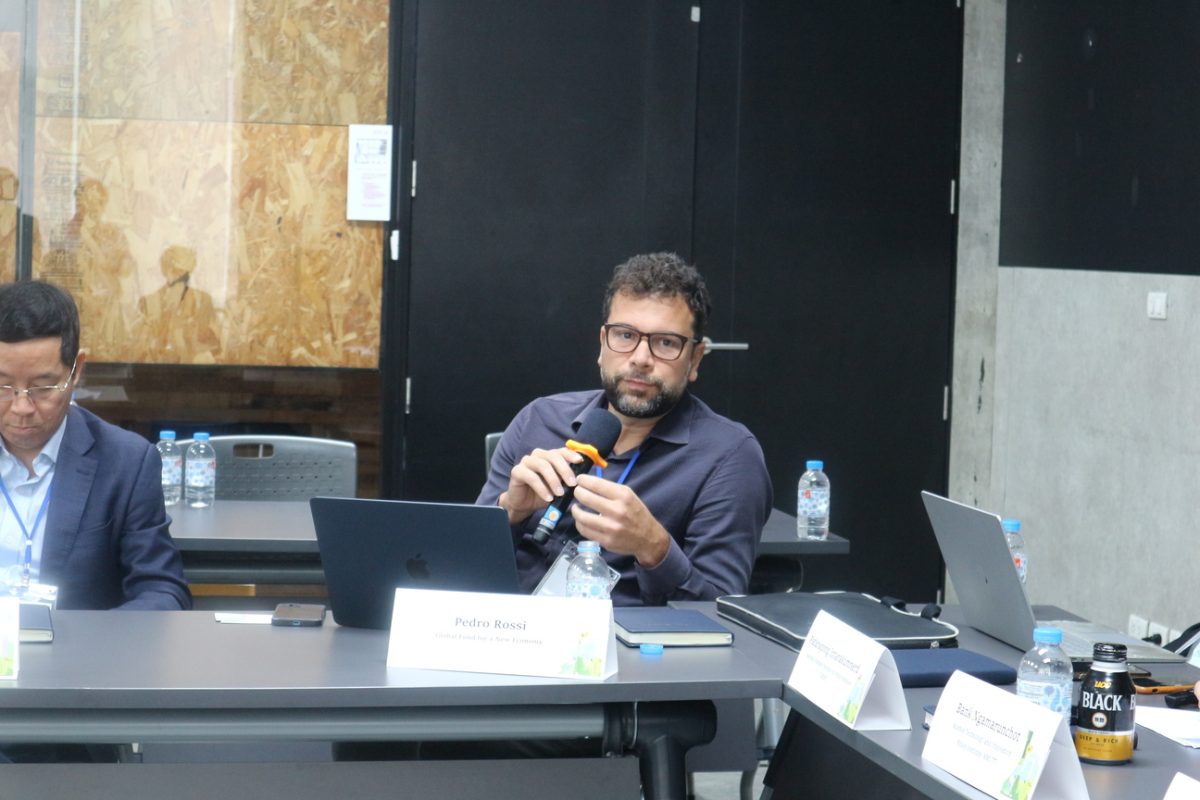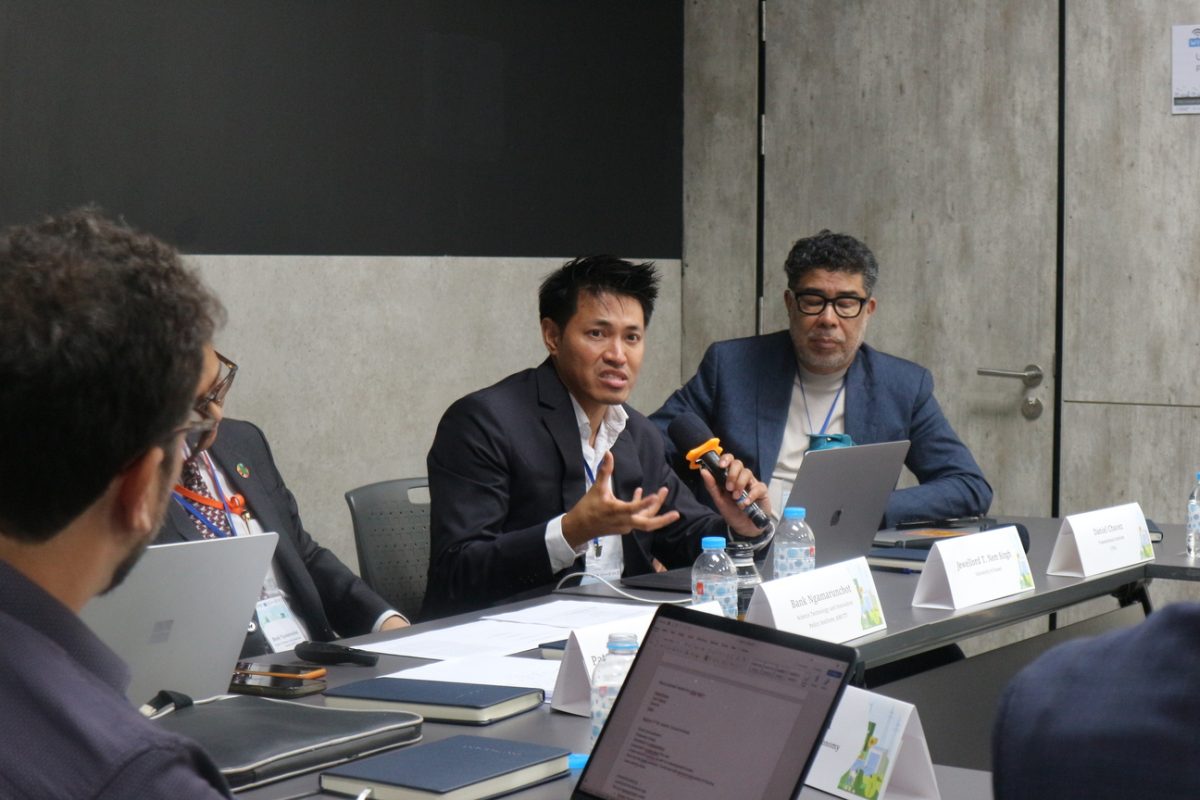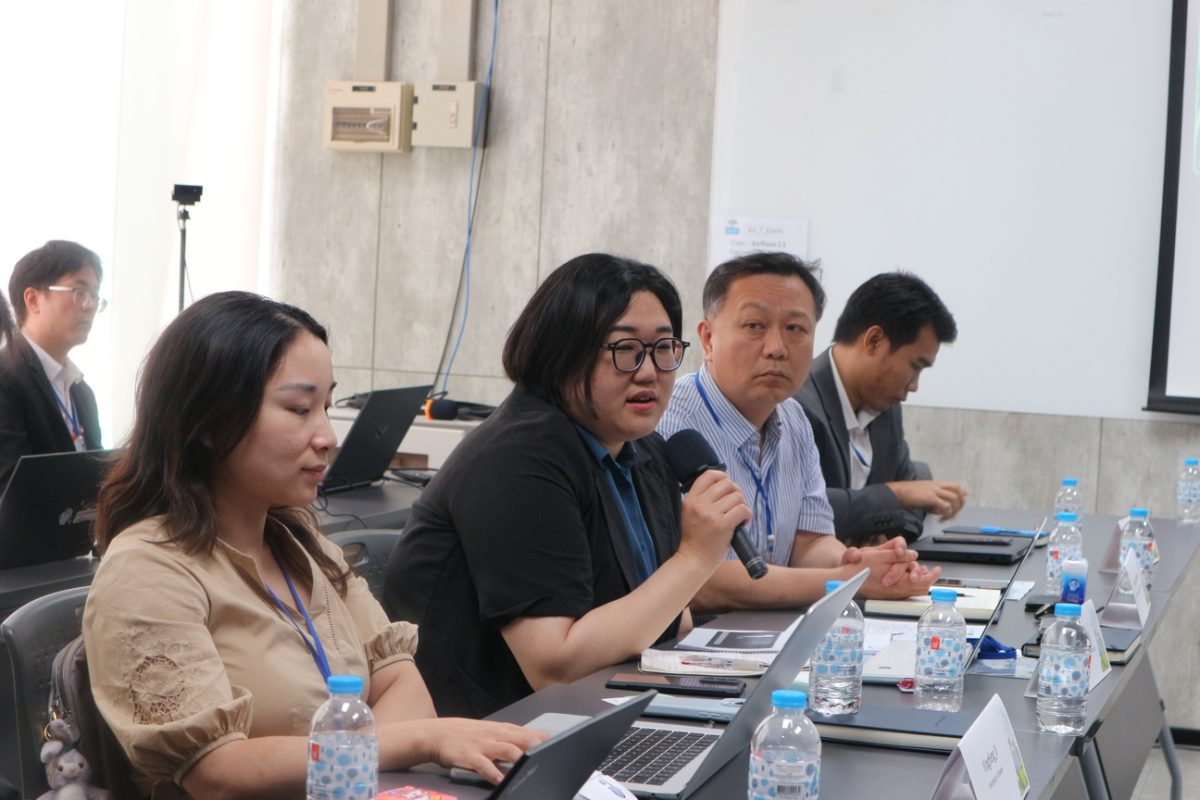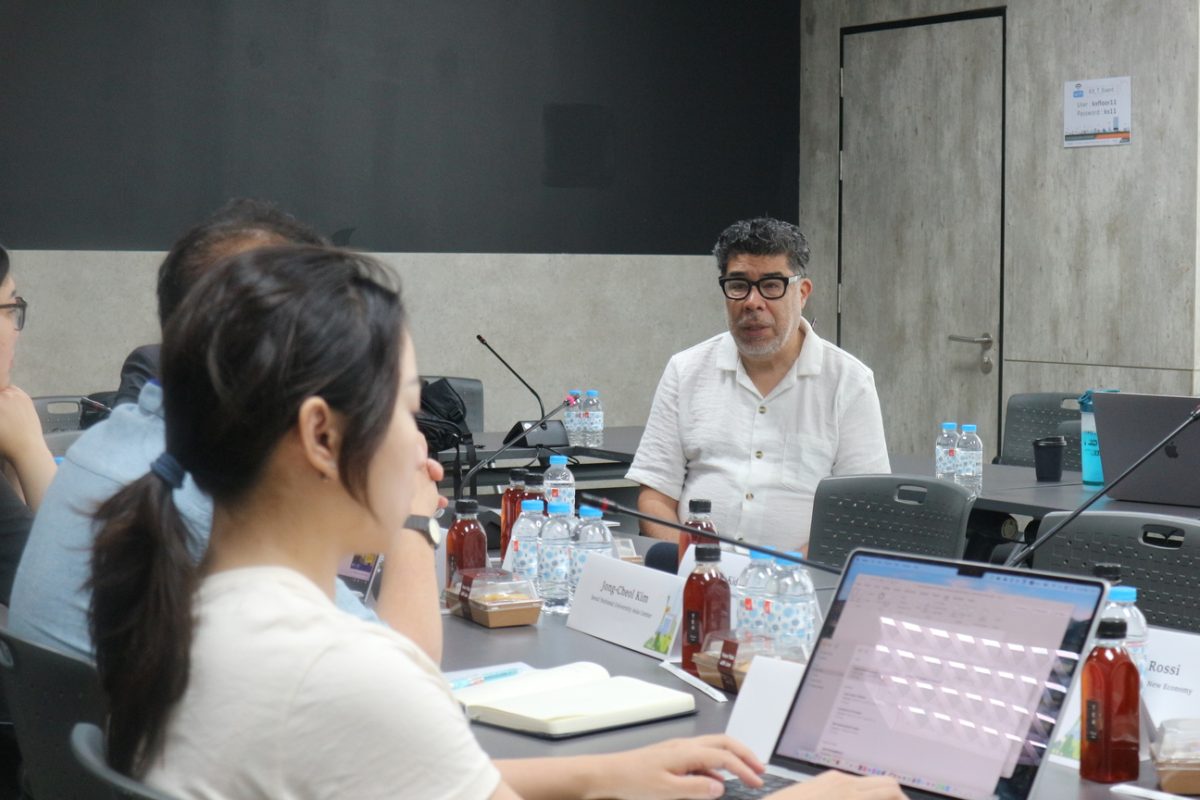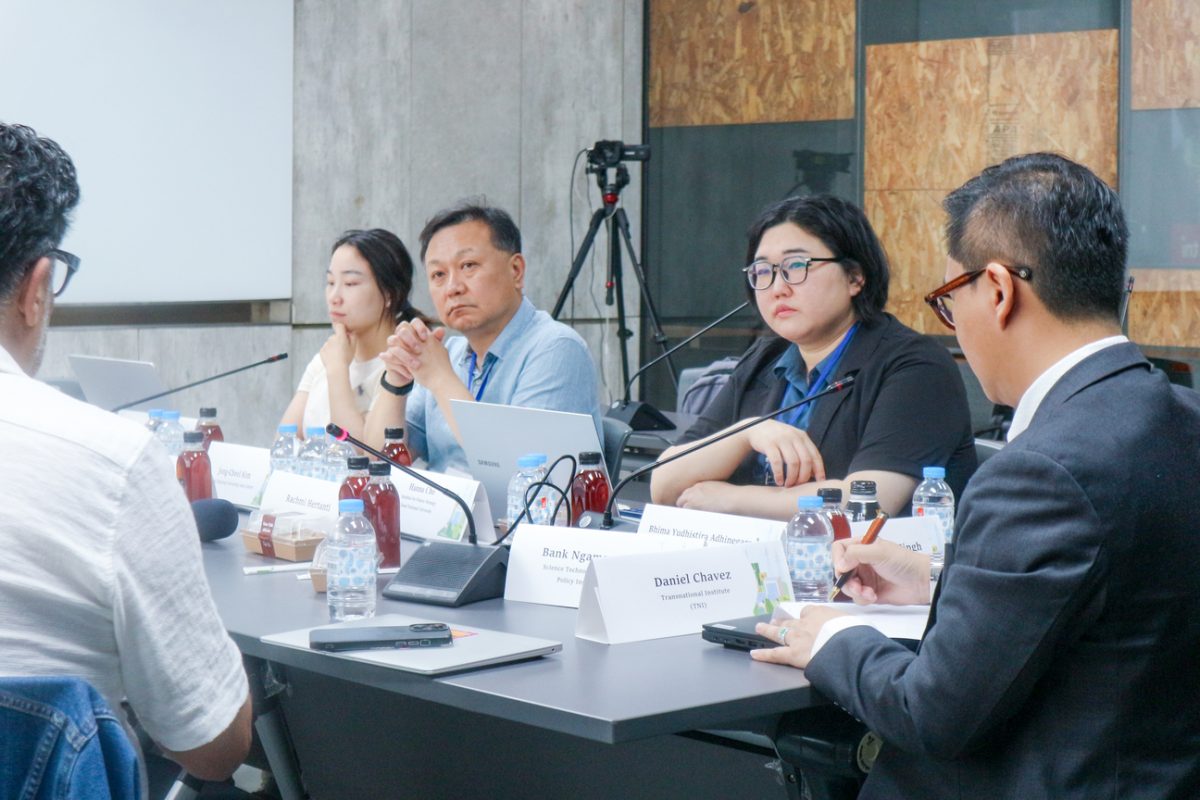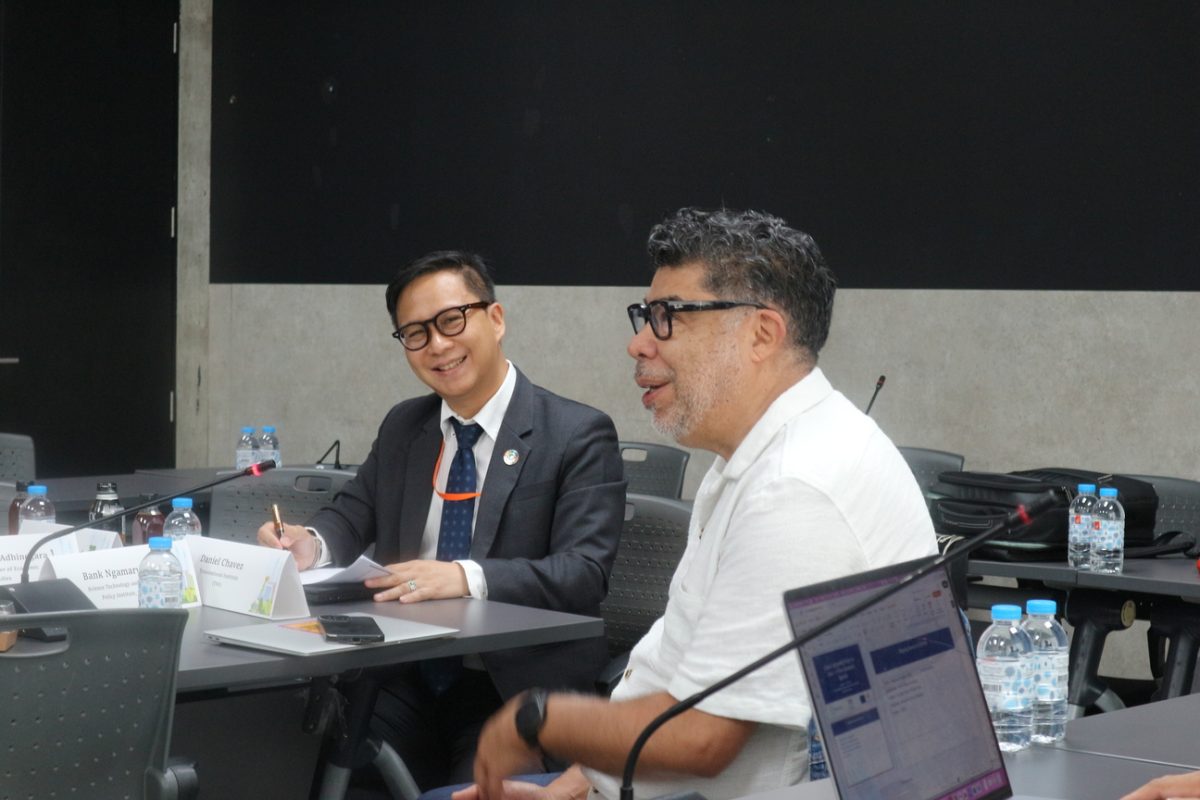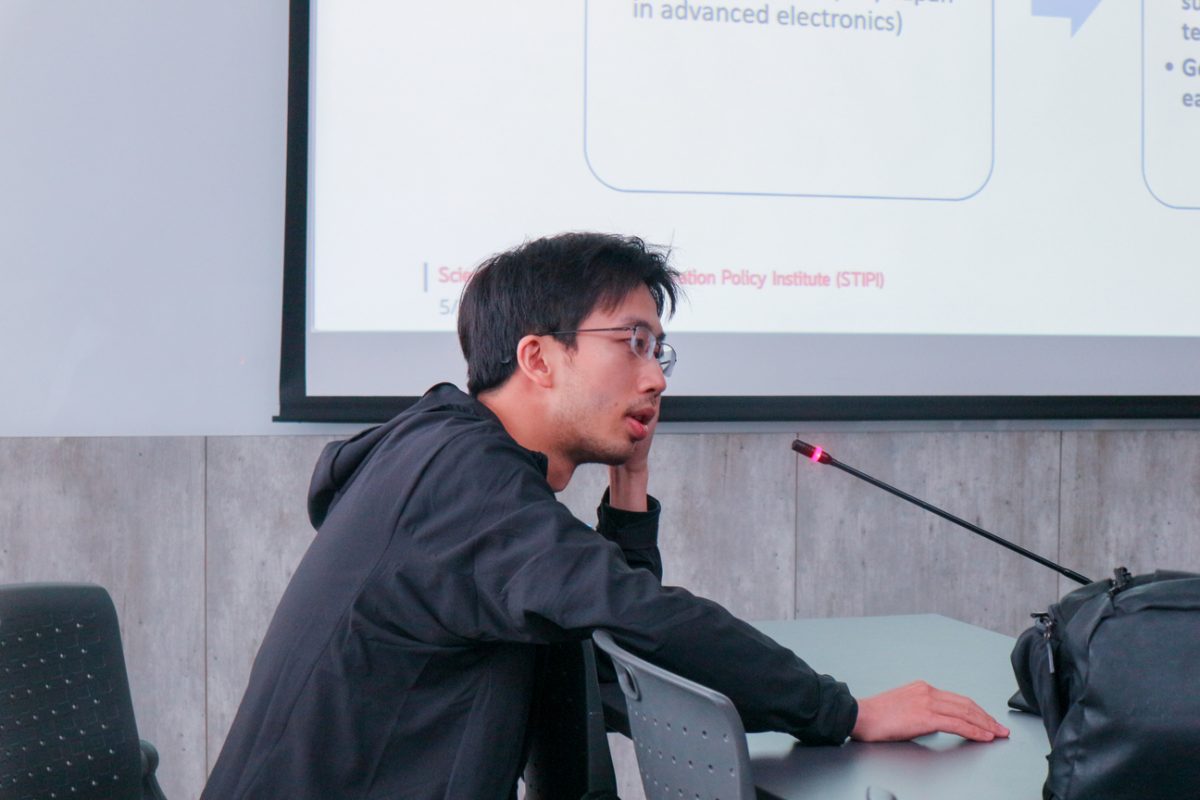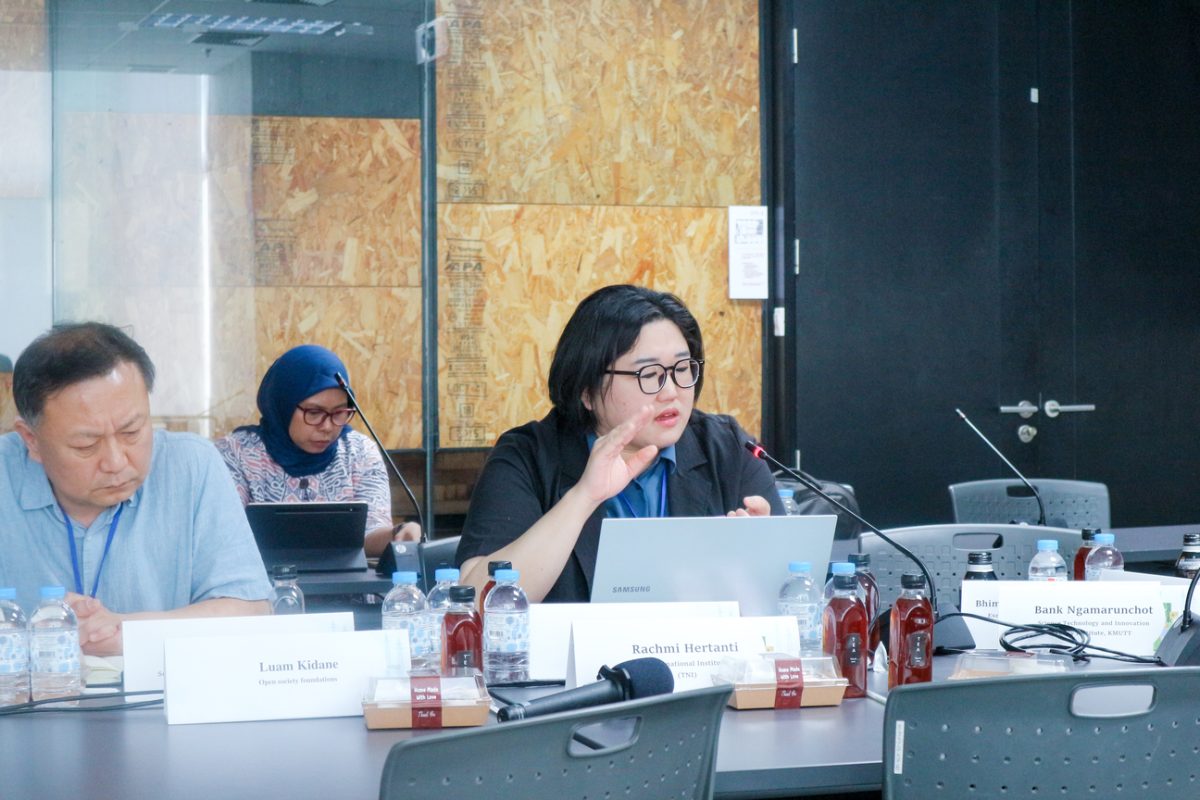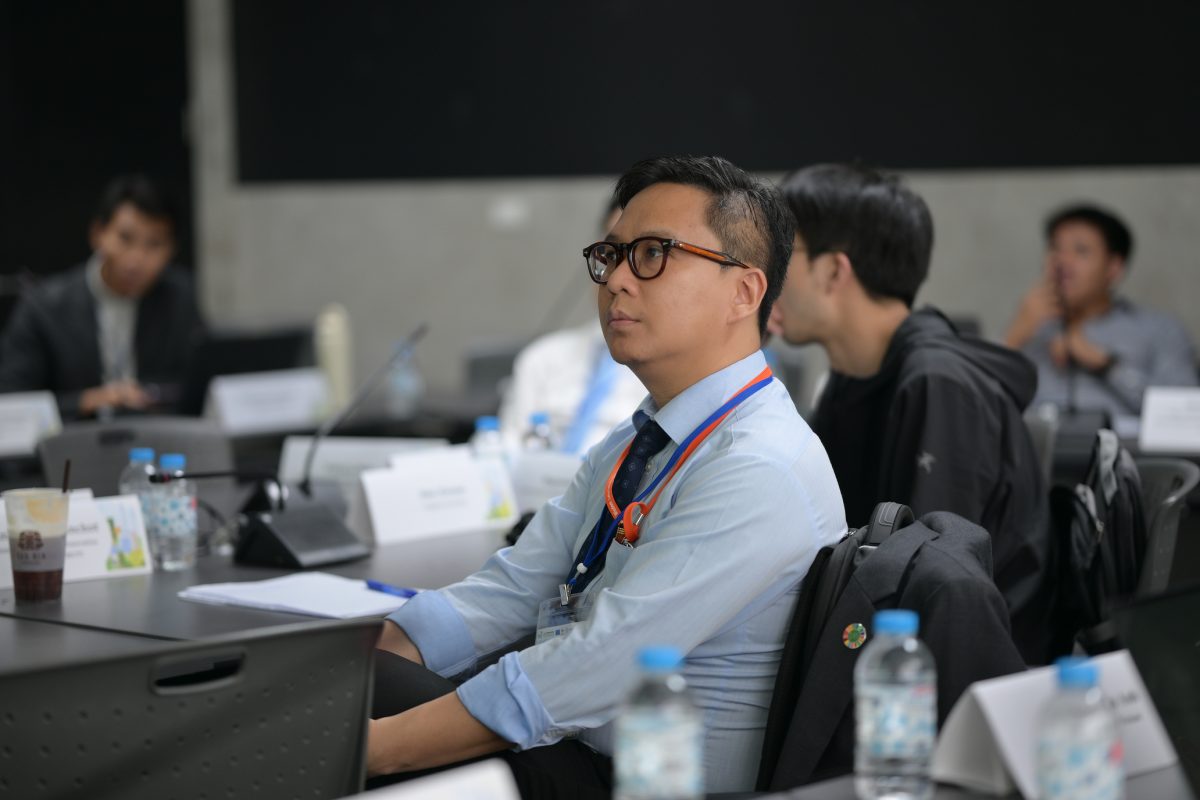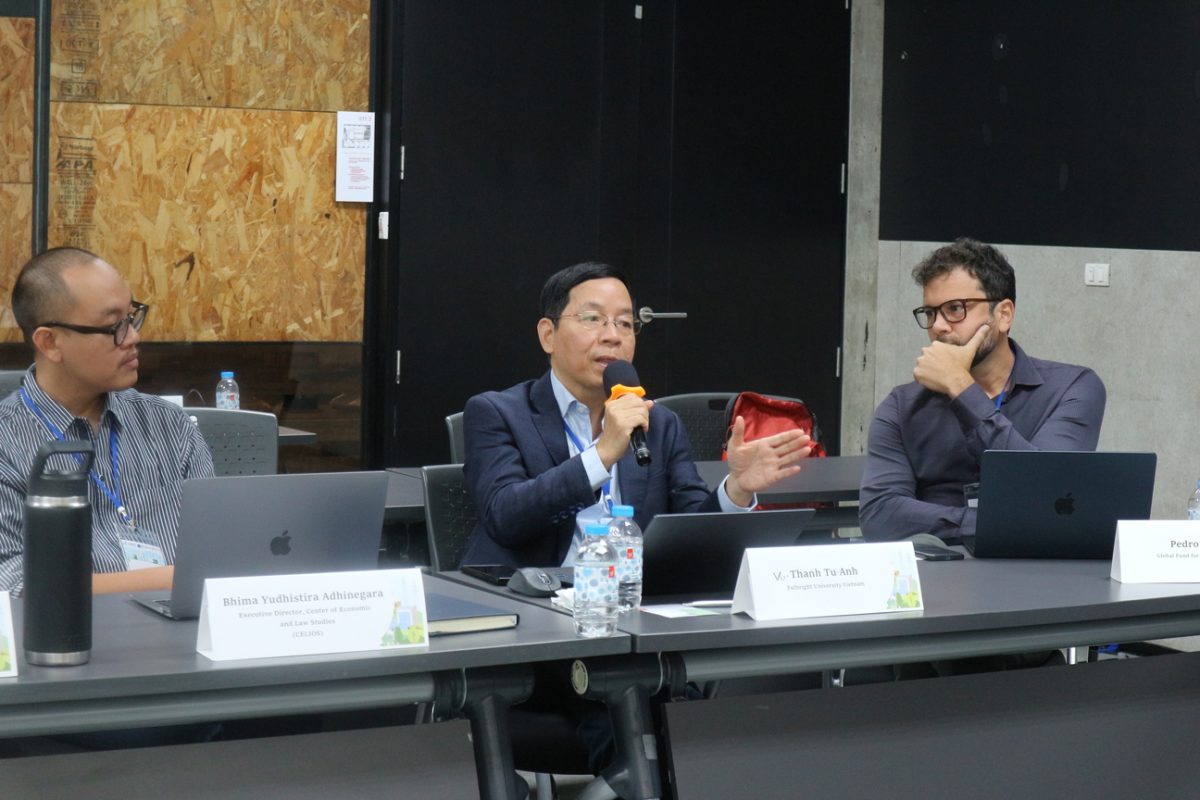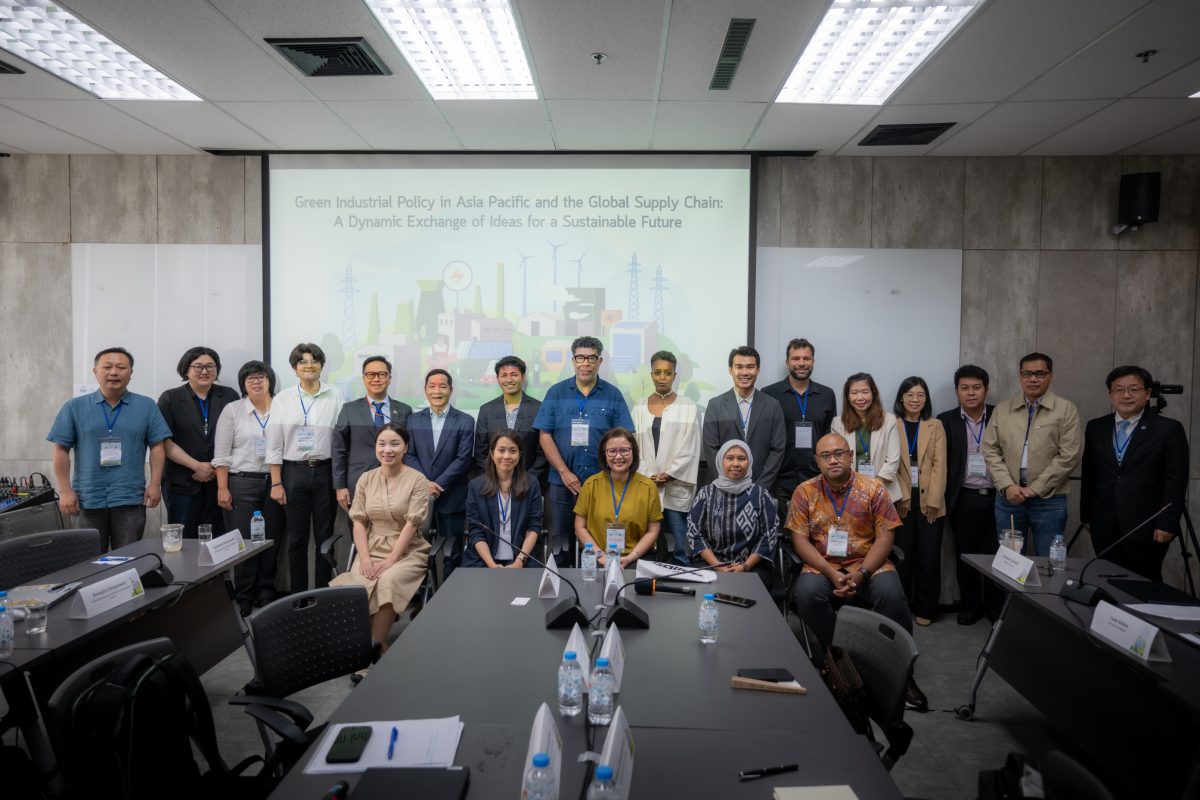
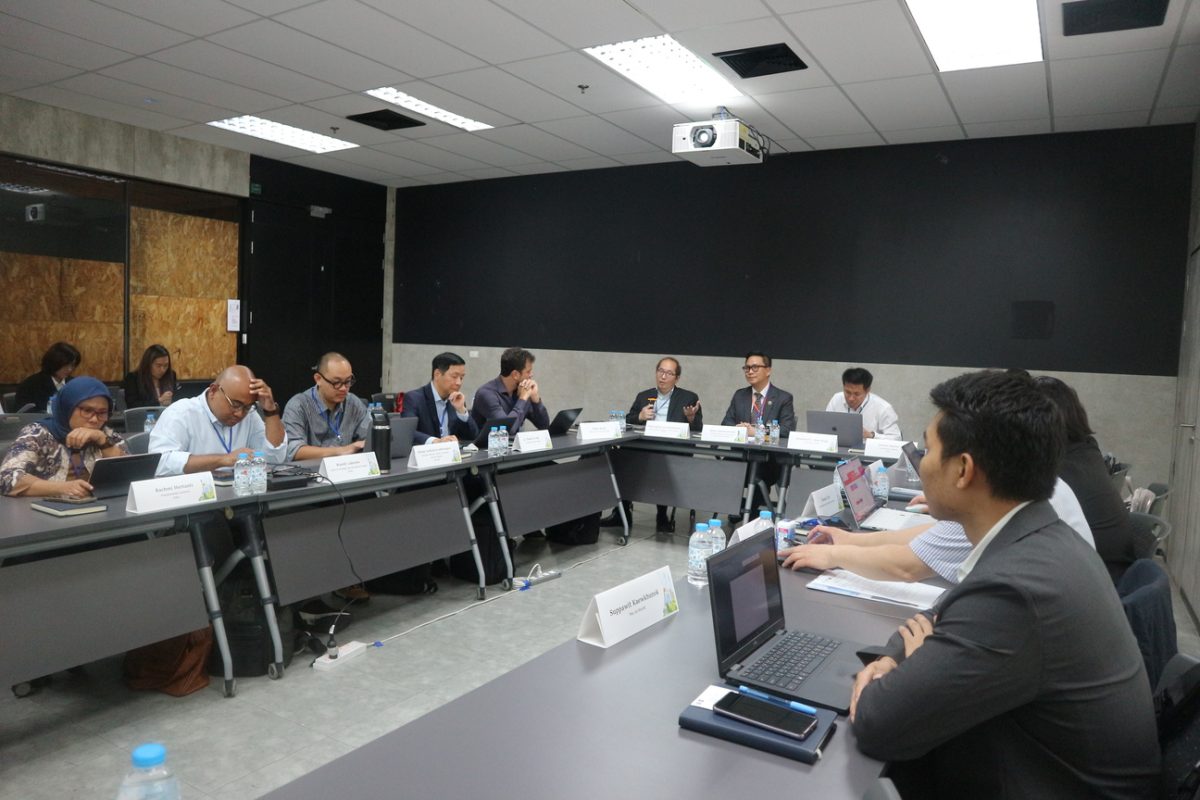
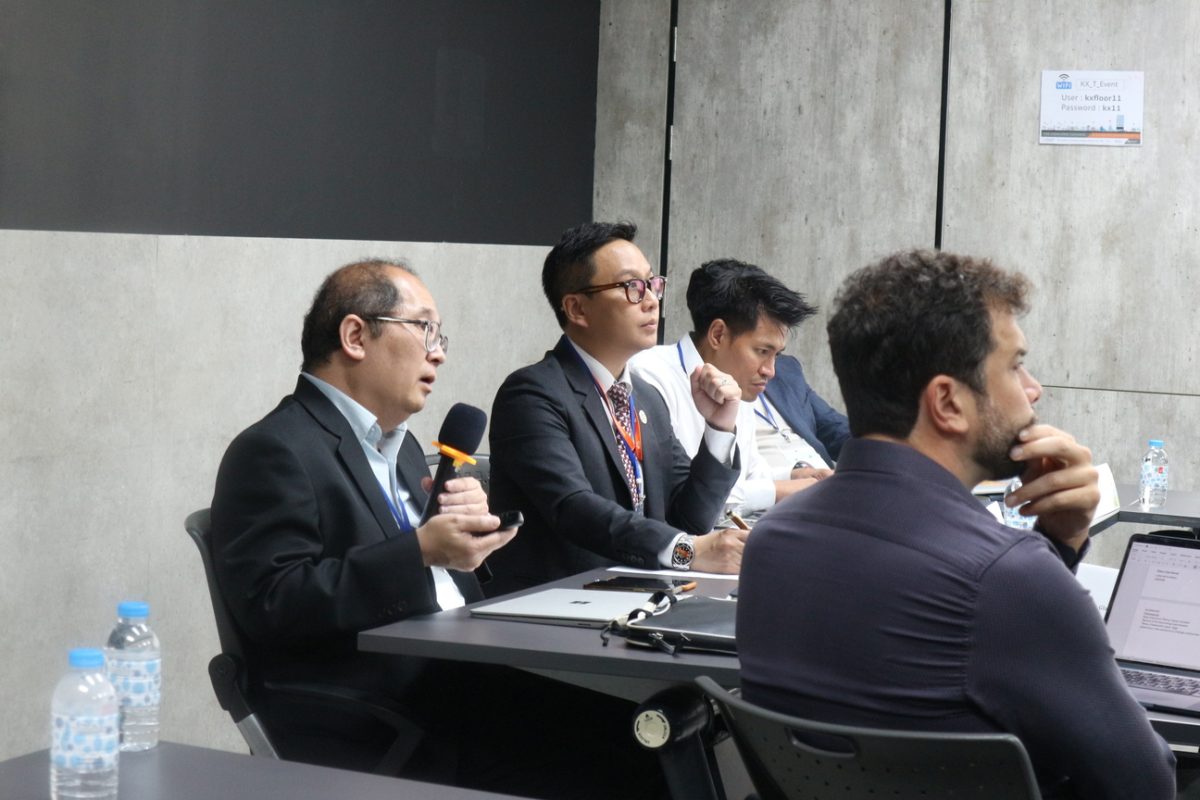

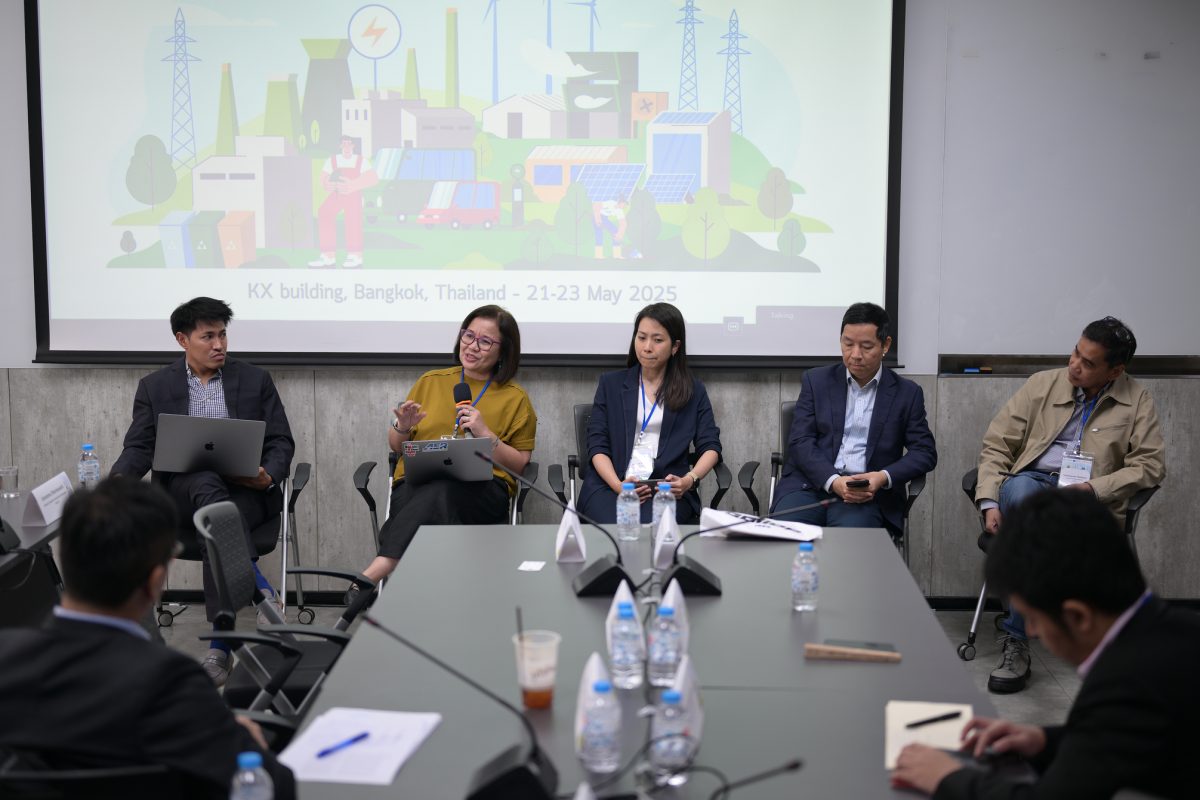
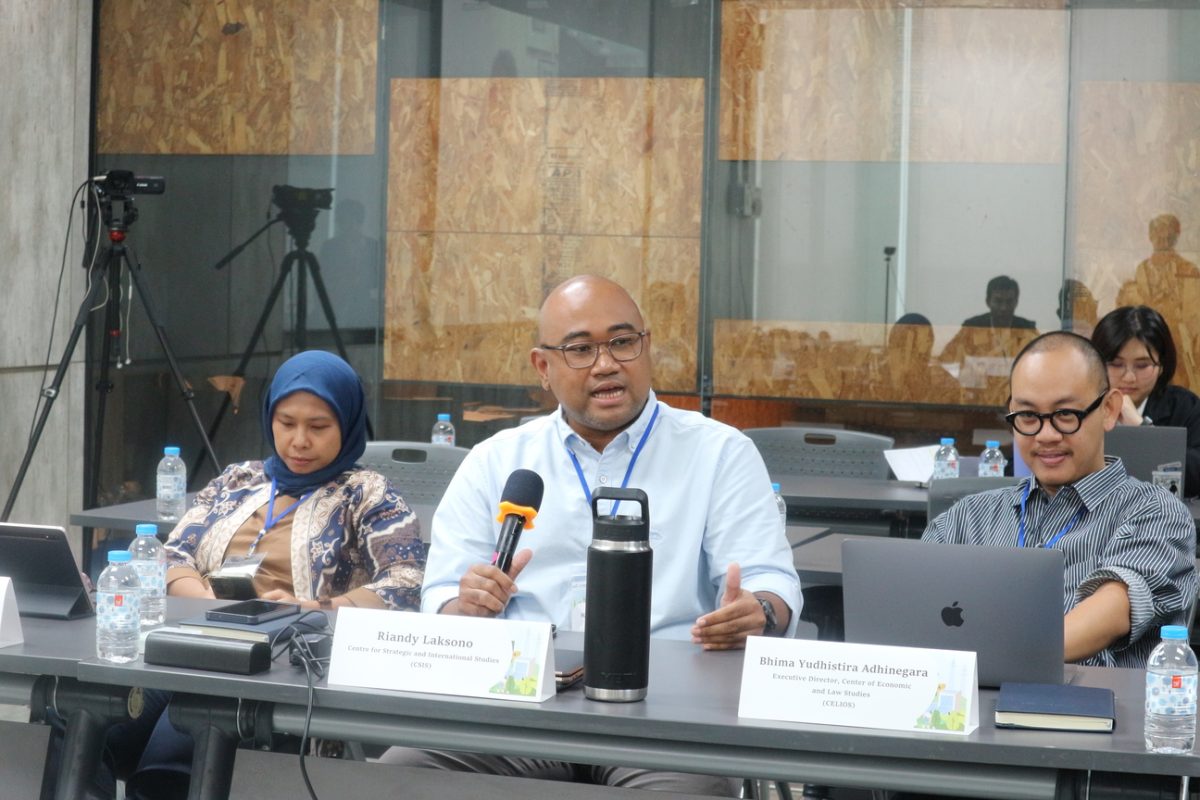
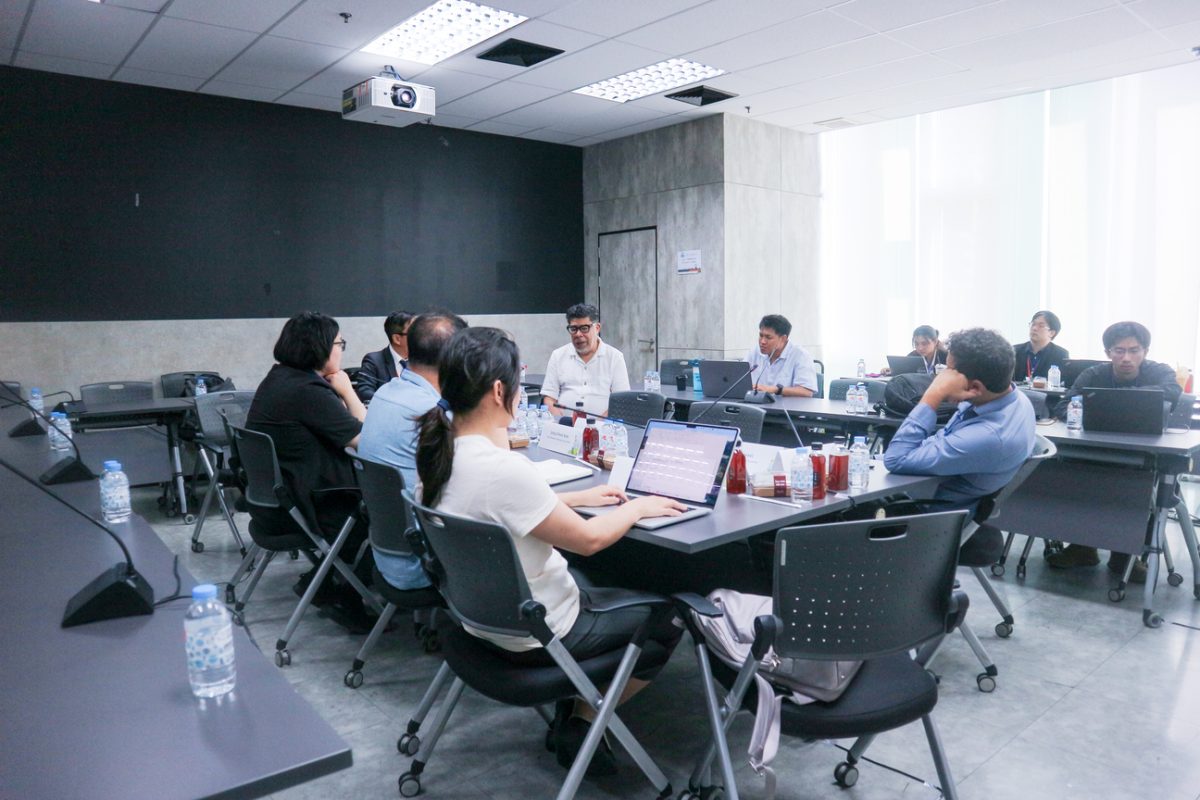
The Science Technology and Innovation Policy Institute (STIPI) at King Mongkut’s University of Technology Thonburi (KMUTT), in collaboration with the Transnational Institute (TNI), the GreenPaths project (Horizon Europe), the GRIP-ARM project (European Research Council), and the University of Sussex, co-organized the international workshop entitled “Green Industrial Policy in Asia Pacific and the Global Supply Chain: A Dynamic Exchange of Ideas for a Sustainable Future.”
Green industrial policy in the Global South emerges amid overlapping global crises, highlighting challenges such as unequal transition costs, limited control over green technologies, and structural disadvantages in finance and bargaining power. In Asia, the shift toward clean energy and critical minerals is uneven, with China playing a central role in regional supply chains, prompting renewed interest in state-led strategies to support sustainable and inclusive industrial development. Asian countries are adopting targeted, government-led industrial policies to strengthen technology sovereignty and key sectors like semiconductors and EVs, but face challenges from uneven national capacities and rising geopolitical tensions affecting global value chains.
This workshop fostered meaningful dialogue and highlighted the experiences of Asian countries—including China, the Republic of Korea, Singapore, Vietnam, the Philippines, and India—in shaping green industrial policies and navigating global supply chains. The tangible output from this workshop will contribute to the development of a thematic book, tentatively entitled New Industrial Policy in Asia Pacific: One Region, Many Pathways, as part of a forthcoming book series, Green and Fair Industrial Policy in the Global South: Transformative Pathways for Reclaiming Development. The workshop and the book aim to support ongoing knowledge exchange to promote inclusive and sustainable industrial transformation.
